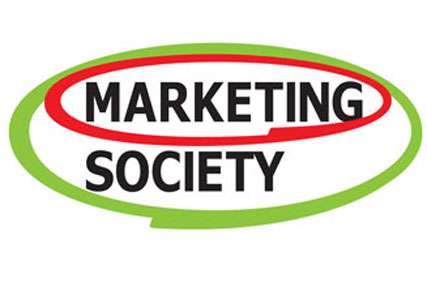YES - NAOMI TRONI, GLOBAL CHIEF MARKETING OFFICER, EURO RSCG WORLDWIDE
A few years ago, I might have said no.
In culture, entertainment, even in news, society was hurtling toward lowest-common-denominator everything.
Virtually nothing was deemed sufficiently shocking or salacious to deserve global censure. If it made money and grabbed attention, it was gold. Now people are turning to a view that maybe there are limits to what's acceptable and that making money isn't enough.
Reputation has become a fundamental driver of profitable growth. Businesses are embracing their new role as contributors to the social good, and consumers are judging their brand and media partners based on their values and social actions.
As the incendiary Glenn Beck, in the US, and now the News of the World have discovered, consumers and corporations are drawing a line beyond which only the most foolhardy will go. Rupert Murdoch didn't casually decide to shut a title that's been a British institution since 1843. He recognised that, sometimes, reach is trumped by right.
YES - SEAN SUMMERS, MARKETING DIRECTOR, UK & IRELAND, R TWINING AND COMPANY
The ability of a media channel to effectively reach a target audience is very much dependent on the level of trust that this audience has in it.
In a world of hyper-connectivity and where the volume of available information has become unmanageable, consumers rely on media channels to help them filter and organise it. This relationship works only if consumers feel that the information received comes from a reliable source. Once they start second-guessing the channel, they move on.
This isn't different from the trust that consumers put in us brands. Every time they make a purchasing decision, they renew that underlying trust that what we are offering is safe, good quality and comes at a decent cost.
They also buy into what these brands represent. It's not just about what brands sell, but also how they do things. Brands that don't reflect consumers' values have no role to play in their lives.
As the NotW now knows, there aren't second chances once you break that trust - it's game over.
YES - CHRIS LAWSON, CONTENT SALES AND MARKETING DIRECTOR, GNM
At a time when our audiences increasingly vote with their feet in deciding with which brands and media channels they want to participate, media owners still have control of their brand values and brand behaviour.
Reputation matters because it represents your point of view on the world and values. It's why people come to trust you and it gives your media channel or brand credibility. In today's digital world, if you break that trust your legitimacy crumbles, more swiftly than ever. Whereas if you nurture your reputation, your influence will grow and so will engagement and reach.
The phone-hacking story has shown that if a message is important or resonates with audiences it will gather a momentum of its own; they will quickly work out what their trusted sources are. Reputation is at the heart of this.
The Guardian's values, which we talk about transparently on our website, are ultimately how our readers and our advertisers judge us as a media choice. We should not lose sight of that.
YES - MARK MIDDLEMAS, MANAGING PARTNER, BUSINESS DEVELOPMENT, UM LONDON
Ultimately, the two go hand-in-hand.
If a channel develops a bad reputation, chances are that much of its audience will move their loyalty elsewhere.
Any media channel is made up of a number of media brands, all of which should adhere to the same branding practices as every other business.
A strong, positive brand reputation means you are doing lots of things right. As a result, your target audience appreciates your efforts, wants to experience more of you, and will encourage others to do the same.
If a particular channel is tarnished by a 'rogue' media brand, that can and often will present problems for the whole channel. In the context of the press, for example, unethical behaviour by one newspaper could lead people to question the integrity of all the others.
This is why we are hearing calls for a new regulatory body, which could help to restore people's faith in the press.
The Marketing Society is the most influential network of senior marketers dedicated to inspiring bolder marketing leadership.


